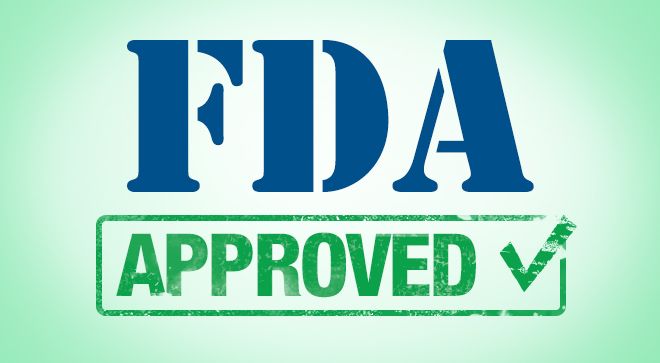
Minimal residual disease has helped to predict relapse in numerous leukemia subtypes, with novel testing methods helping to identify the biomarker at a higher sensitivity than ever before.


Minimal residual disease has helped to predict relapse in numerous leukemia subtypes, with novel testing methods helping to identify the biomarker at a higher sensitivity than ever before.

Since the publication of the pivotal ELIANA trial in pediatric patients with acute lymphoblastic leukemia, the field of CAR T-cell therapy has grown significantly and left providers better equipped to understand and manage treatment-related adverse effects, such as cytokine release syndrome.

The FDA approved melphalan flufenamide (Pepaxto; melflufen) plus dexamethasone for adults with triple-refractory multiple myeloma.

Up to 50% of patients with B-cell malignancies will relapse on CAR T-cell therapy. Investigators are looking in to new ways to overcome that drug resistance.


Ruxolitinib, when administered using a pediatric dosing algorithm, was found to elicit responses in patients with chronic graft-versus-host disease with acceptable safety.

The FDA approved umbralisib for the treatment of adults with relapsed/refractory marginal zone lymphoma and adults with relapsed/refractory follicular lymphoma.

The FDA has approved lisocabtagene maraleucel for adult patients with certain types of large B-cell lymphoma who have not responded to, or who have relapsed after, at least 2 other types of systemic treatment.

Combinations of JAK inhibitors and novel agents, such as epigenetic regulators, could help prolong survival in patients with myeloproliferative neoplasms.

The FDA has approved crizotinib for the treatment of pediatric patients 1 year of age and older and young adults with ALK-positive relapsed or refractory, systemic anaplastic large cell lymphoma.

The FDA has granted fast track designations to cavrotolimod (AST-008) for use in combination with a PD-1 therapy in patients with locally advanced or metastatic Merkel cell carcinoma (MCC) that is refractory to previous PD-1 blockade and for use in combination with a PD-1/PD-L1 agent in those with advanced or metastatic cutaneous squamous cell carcinoma (CSCC) that is refractory to previous PD-1/PD-L1 blockade.

The reversible BET inhibitor CC-90010 was found to have preliminary antitumor activity in patients with heavily pretreated, advanced solid tumors and relapsed/refractory non-Hodgkin lymphoma.

Regulating the fas protein may be the key in overcoming resistance in patients receiving immunotherapy treatment, such as CAR T-cell therapy.

Data from a recent analysis demonstrated that more than one in five people experienced depression or anxiety, either before or not long after receiving a blood cancer diagnosis, highlighting the need for further mental health screening in these individuals.

The FDA has approved ponatinib for the treatment of patients with chronic-phase chronic myeloid leukemia that is resistant or intolerant to at least 2 prior kinase inhibitors.

The FDA approved selinexor (Xpovio) plus bortezomib and dexamethasone for the treatment of patients with myeloma who previously had at least 1 other treatment.

The FDA has approved rituximab-arrx for the treatment of adult patients with non-Hodgkin lymphoma, chronic lymphocytic leukemia, granulomatosis with polyangiitis, and microscopic polyangiitis.

The FDA has granted a fast track designation to devimistat (CPI-613) for the treatment of patients with acute myeloid leukemia (AML).

Financial toxicity has been linked to increased mortality rates, but can be improved with financial intervention for patients.

Patients with chronic lymphocytic leukemia who received treatment with single-agent acalabrutinib experienced a low incidence of cardiac toxicities leading to treatment discontinuation.

Oral azacitidine improved overall survival and relapse-free survival, while maintaining health-related quality of life in patients with acute myeloid leukemia.

Patients with aggressive lymphomas had a sharp increase in quality of life from time of diagnosis until 1 year later.

A recent study analyzed nurse and patient preference when it came to the administration of rituximab in patients with blood cancer.

Following the approvals of tisagenlecleucel (tisa-cel; Kymriah) and axicabtagene ciloleucel (axi-cel; Yescarta), several research efforts have been dedicated to the development and exploration of CAR T-cell therapies in the realm of leukemias and lymphomas, according to Olalekan O. Oluwole, MBBS, MD, who added that although this modality has moved the needle forward, this approach is not without toxicity.

A pharmacist provides an overview of new intravenous cancer therapies that were approved in 2020.